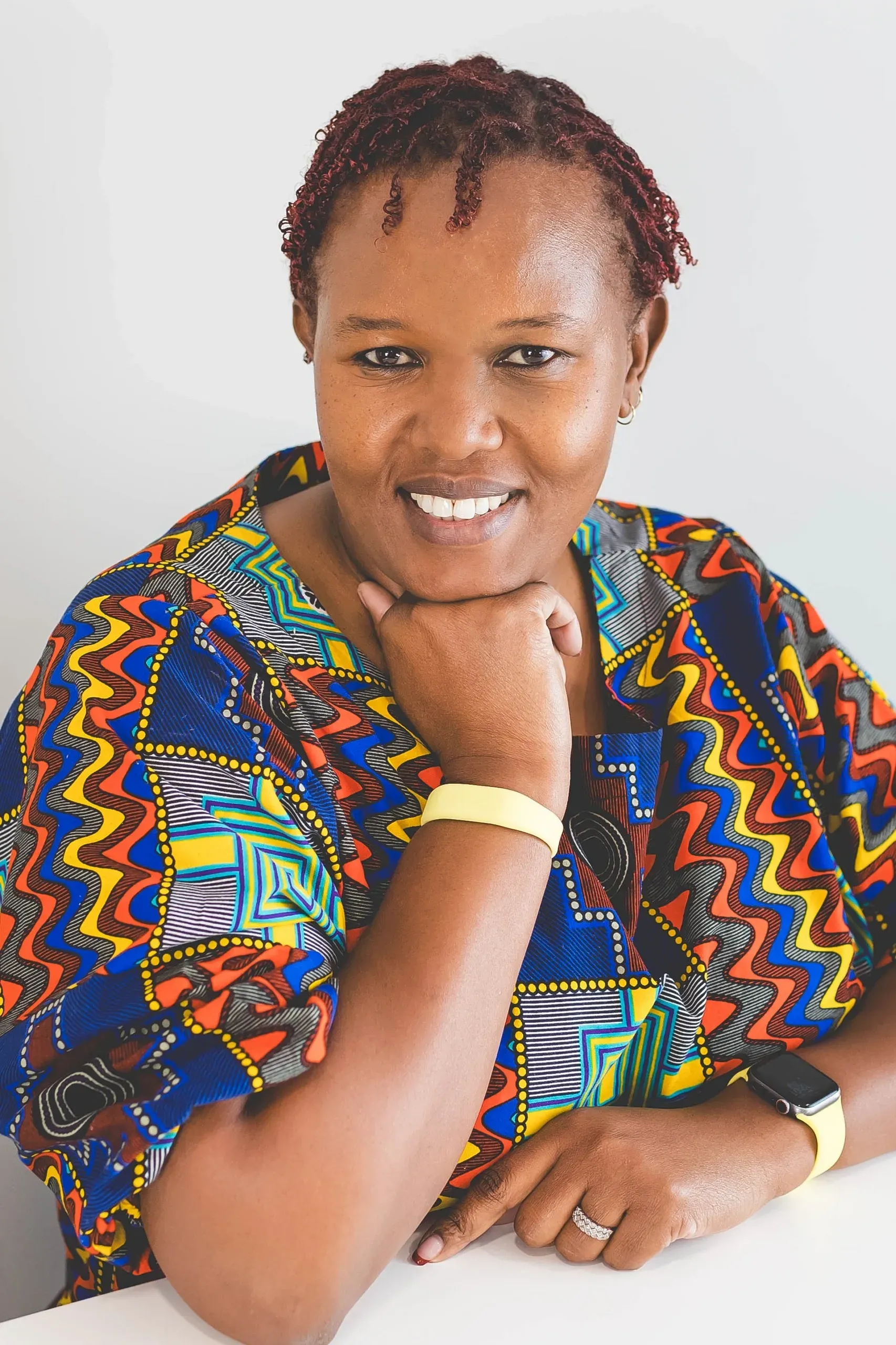From Surviving to Thriving: Supporting the Mental Health Journey of Trafficking Survivors
- Linda A

- May 30, 2025
- 2 min read

As Mental Health Awareness Month comes to a close, it's important to remember that for many survivors of human trafficking, mental health is not just a theme of the month it's a daily battle and a lifelong journey.
At HopeWorks Global, we believe that supporting the mental health of trafficking survivors is not just part of aftercare, it's a cornerstone of justice, restoration, and long-term prevention.
The Invisible Wounds of Trafficking
Survivors of human trafficking often carry deep psychological scars:
Post-Traumatic Stress Disorder (PTSD) from repeated abuse
Depression and feelings of hopelessness
Anxiety tied to hypervigilance and fear of re-exploitation
Shame and guilt, often wrongly internalized
Loss of identity and self-worth from prolonged control and manipulation
These mental health challenges are compounded by the fact that many survivors were never safe to begin with. For some, exploitation began in childhood or arose from cycles of domestic violence, homelessness, or addiction. For others, it was trauma stacked on trauma.
Mental Health Support = Empowerment
To help survivors reclaim their lives, we must offer more than emergency aid. We must provide trauma-informed mental health care that acknowledges their pain, respects their pace, and supports their growth. This includes:
Access to licensed therapists trained in trauma recovery and cultural sensitivity
Safe spaces for healing, including support groups, peer mentorship, and faith-based care (when appropriate)
Empowerment programs that restore confidence and agency like vocational training, expressive arts, or survivor-led advocacy
Ongoing case management that addresses basic needs like housing, legal aid, and education alongside emotional healing
When survivors receive consistent, compassionate mental health support, they begin to rebuild the foundations of their lives: trust, identity, and hope.
From Crisis to Confidence: What Healing Looks Like

Healing is not linear. But through community support and proper care, survivors move from asking:
“Why did this happen to me?”
To declaring:
“What do I want my future to look like?”
At HopeWorks Global, we walk with survivors through every step of that transformation. Whether it’s helping a young woman complete her GED, supporting a survivor in telling her story, or advocating for systemic change we are committed to seeing each person not as broken, but as brave.
Your Role in the Healing Journey
Supporting the mental health of survivors is a community responsibility. Here's how you can help:
Support trauma-informed organizations doing this work
Educate yourself on the long-term needs of trafficking survivors
Advocate for funding and policies that ensure survivors have access to mental health care
Join our training programs to learn how to respond to trauma with empathy and skill
Hope Begins with Healing
From surviving to thriving it’s not just a journey, it’s a justice issue. At HopeWorks Global, we believe that every survivor deserves the chance to heal, grow, and dream again.
As we wrap up Mental Health Awareness Month, let this be a beginning not an end. The need for healing continues, and so must our commitment to care.
Join us in building that future. Sign up for training, support our programs, and become part of the movement to restore dignity and hope.




Comments